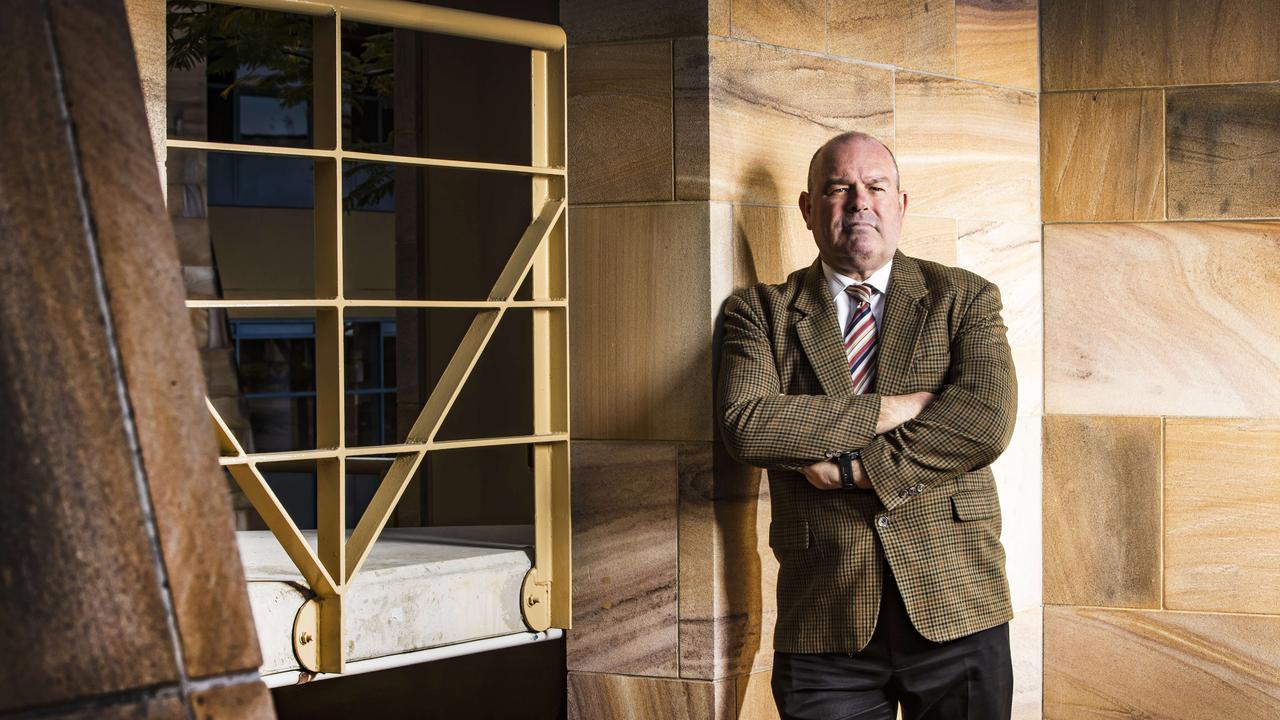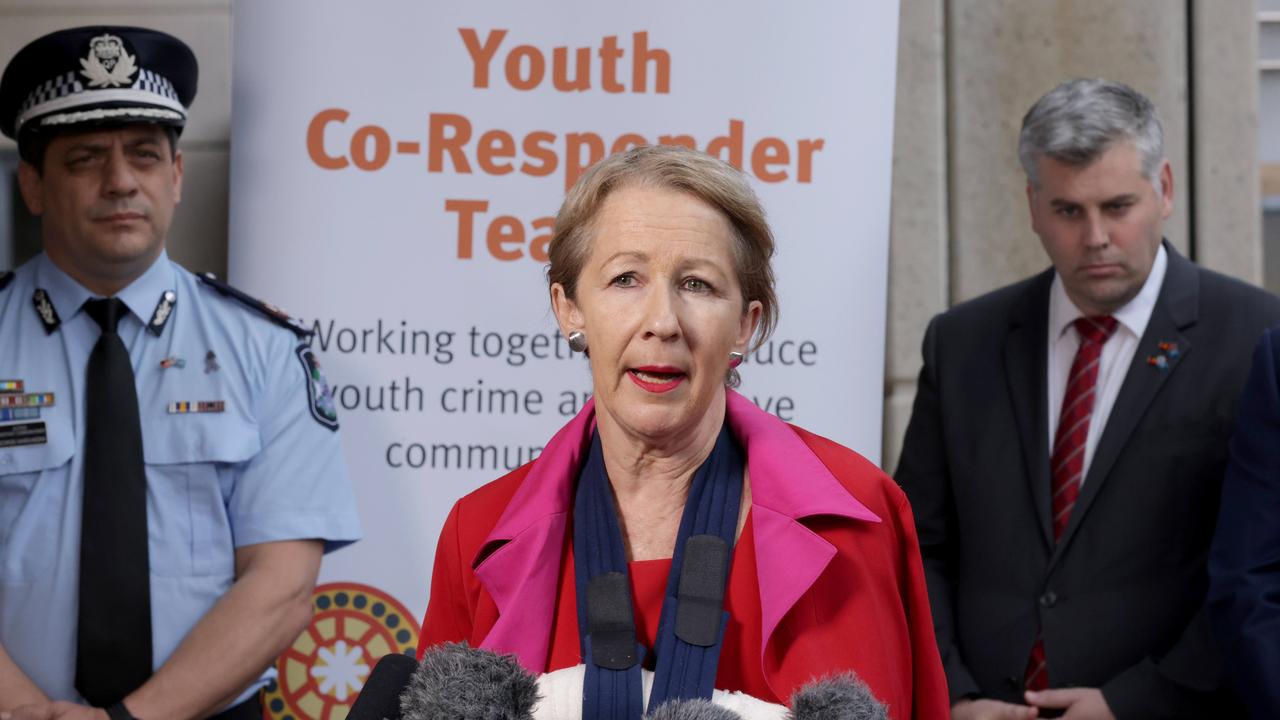Shock statistic that shows how many youth criminals are reoffending
More than 85 per cent of Queensland’s most serious young criminals are reoffending within 12 months.
Police & Courts
Don't miss out on the headlines from Police & Courts. Followed categories will be added to My News.
More than 85 per cent of Queensland’s most serious young criminals are reoffending within 12 months with soft juvenile justice and “opt in” rehab programs failing to turn around the state’s youth crime crisis.
Frustrated police say hardcore kid crims are thumbing their noses at rehabilitation and the law as new data shows 449 youths are categorised as the most serious offenders in Queensland, responsible for the majority of youth crime across the state – up from 374 last year.
Of those, 319 went on to commit another crime within 12 months – a shocking 85 per cent reoffending rate based on the 2022 average.

Police sources said the most hard-core kids simply turned their nose up at help as most rehabilitation programs were opt-in and the Serious Repeat Offender Index (SROI) – which ranks youth offenders in order of severity – needed to focus more on rehabilitation.
“The purpose of the serious repeat offender index needs to be longer term, more intensive help for them,” they said.
“We are trying to change the behaviour of difficult kids who don’t want to change.”
In the 2023/24 budget, the state government set a target to reduce the number of children declared serious repeat offenders, under new provisions, to five per cent of all juvenile offenders by the end of the next financial year.
The new statistics show 14 per cent of juvenile criminals are still deemed serious repeat offenders.
Both Police Commissioner Katarina Carroll and Premier Annastacia Palaszczuk have referred at length to this “hardcore” group being at the core of the state’s issues and the target group of multiple law changes aimed at stemming youth crime.
The majority of the 319 who reoffended within 12 months lived in the South East Region (63), closely followed by kids in South West Region (57), and North Queensland (54).
While the index shows a decline in the total number of youth offenders in the last 12 months, Opposition spokesman for Police Dale Last said the sharp increase in the number of serious offenders was “frightening”.
“These numbers show, without question, that the volume of offending by serious repeat offenders is increasing at a staggering rate,” Mr Last said.
“The fact that there are nearly as many of these serious repeat offenders in regional areas as there are in areas of the south east shows how widespread the problem is.

“With the huge difference in population, it is frightening that the Townsville and Cairns regions have almost the same number of these offenders as places like the Brisbane and Moreton Bay Region.”
Bond University criminologist Terry Goldsworthy said the system wasn’t working, and long term solutions were needed.
“Youth crime is skyrocketing and it seems the government is mired in mud,” Dr Goldsworthy said.
Queensland’s Youth Justice Minister Di Farmer said the government was focused on investing in community safety, tackling the complex causes of youth crime and targeting the hard-core cohort of serious repeat offenders.
“My department is rolling out evaluations of youth justice programs and I can assure you the programs that aren’t working will be stopped,” she said.
“The government funds a range of evidence-based programs that focus on serious repeat offenders, including intensive case management, bail support services, police and youth justice co-responder teams, and the Transition 2 Success initiative to get young people back into education, training or jobs.

“We also fund out-of-hours projects, including Midnight Basketball in Cairns, The Lighthouse and Upper Ross after-hours diversion services in Townsville, the Queensland Youth Partnerships Initiatives at various shopping centres, and outreach services in Cairns and Brisbane.
“In relation to serious repeat offenders and the index, I understand the more young people who are identified, the better we can focus our resources to keep Queenslanders safe.
We also have fewer young people who offend, down 31 per cent in the past five years, which has impacted the proportion of serious repeat offenders, which is higher.”
A spokesman for Queensland Police Service said serious repeat offenders were a priority and many interventions were in place to try and break the cycle, including extreme high-visibility patrols.
“However, we recognise that due to the complex nature of youth offending, serious repeat offenders cannot be addressed by police in isolation,” he said.
“Community safety will always be a priority for police.”




